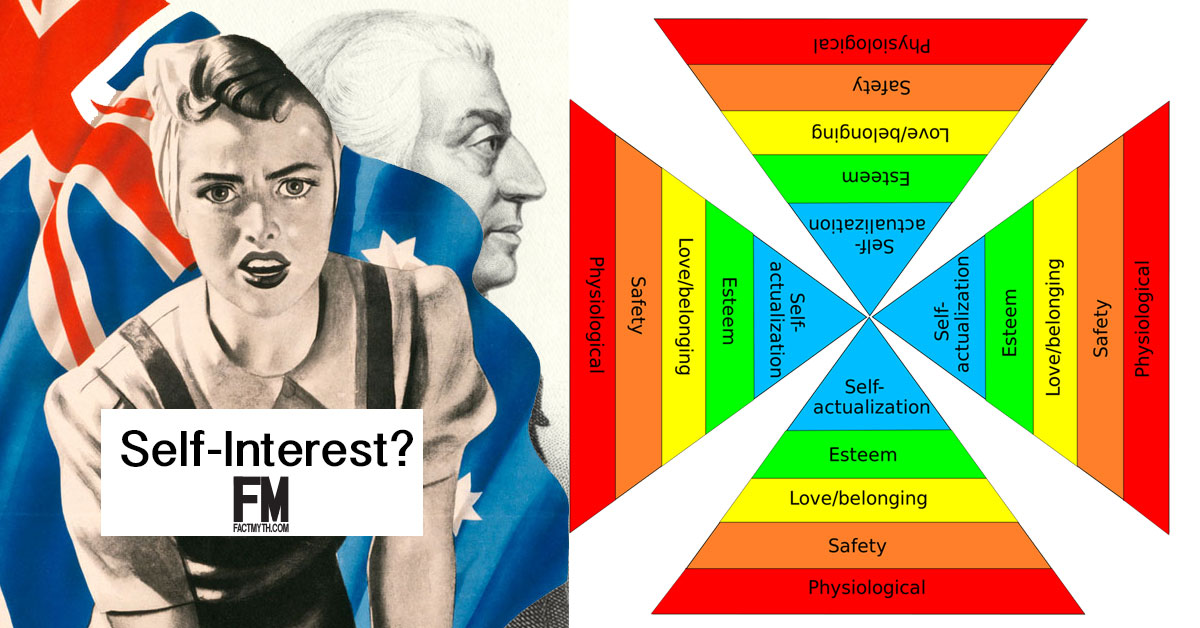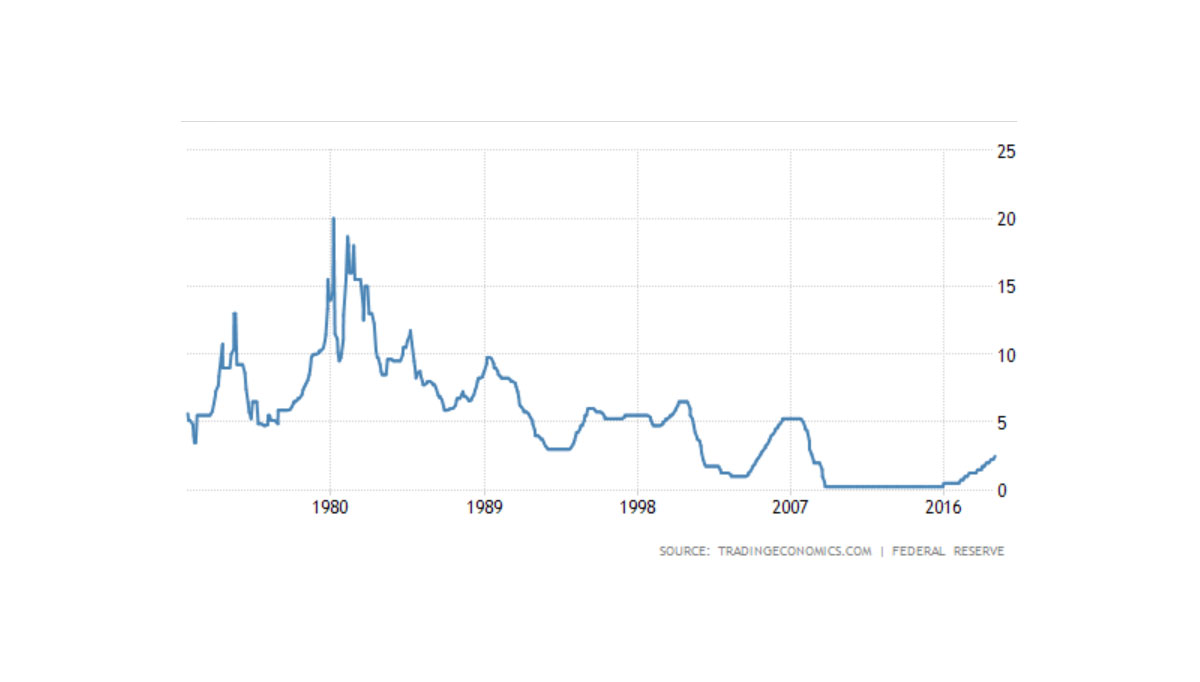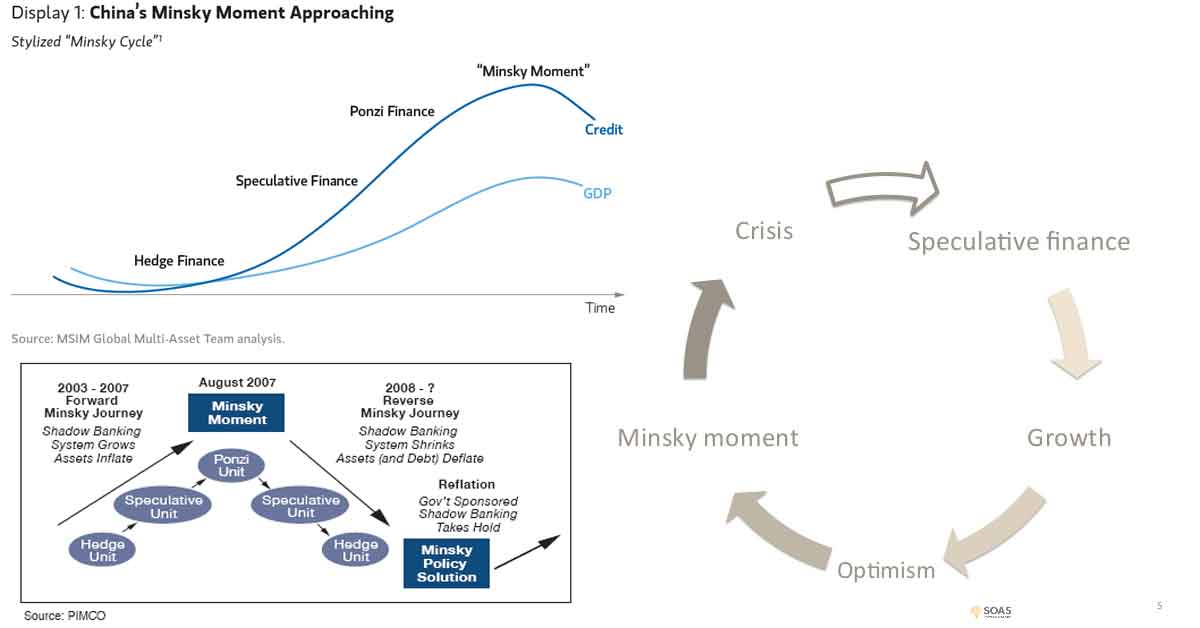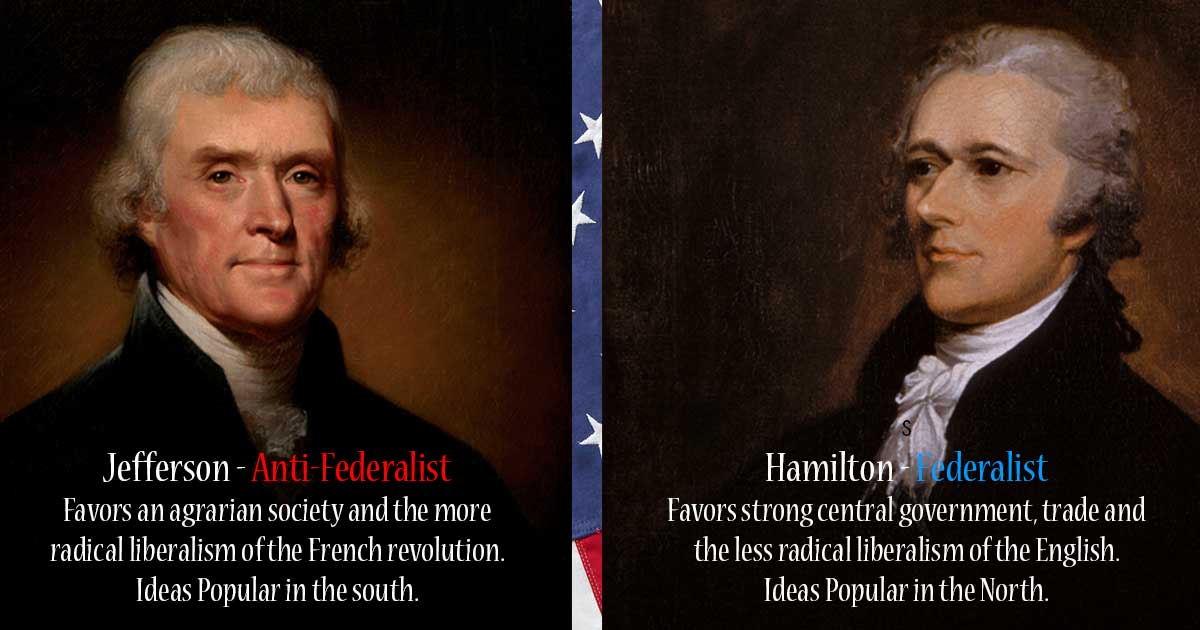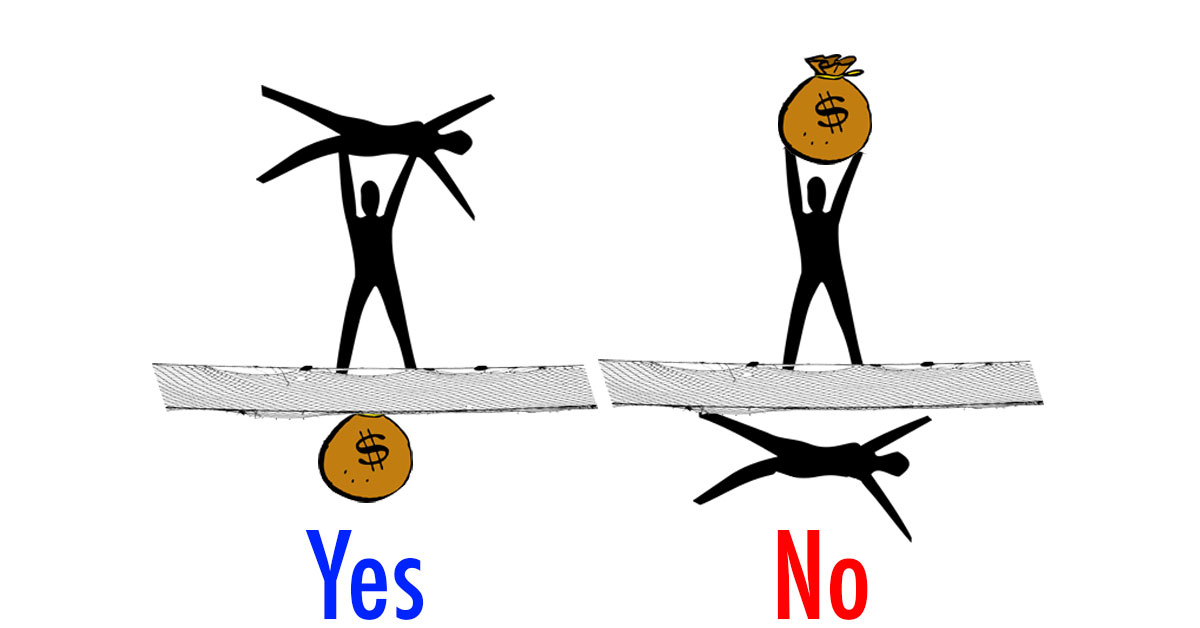Why Oil Prices Went Negative
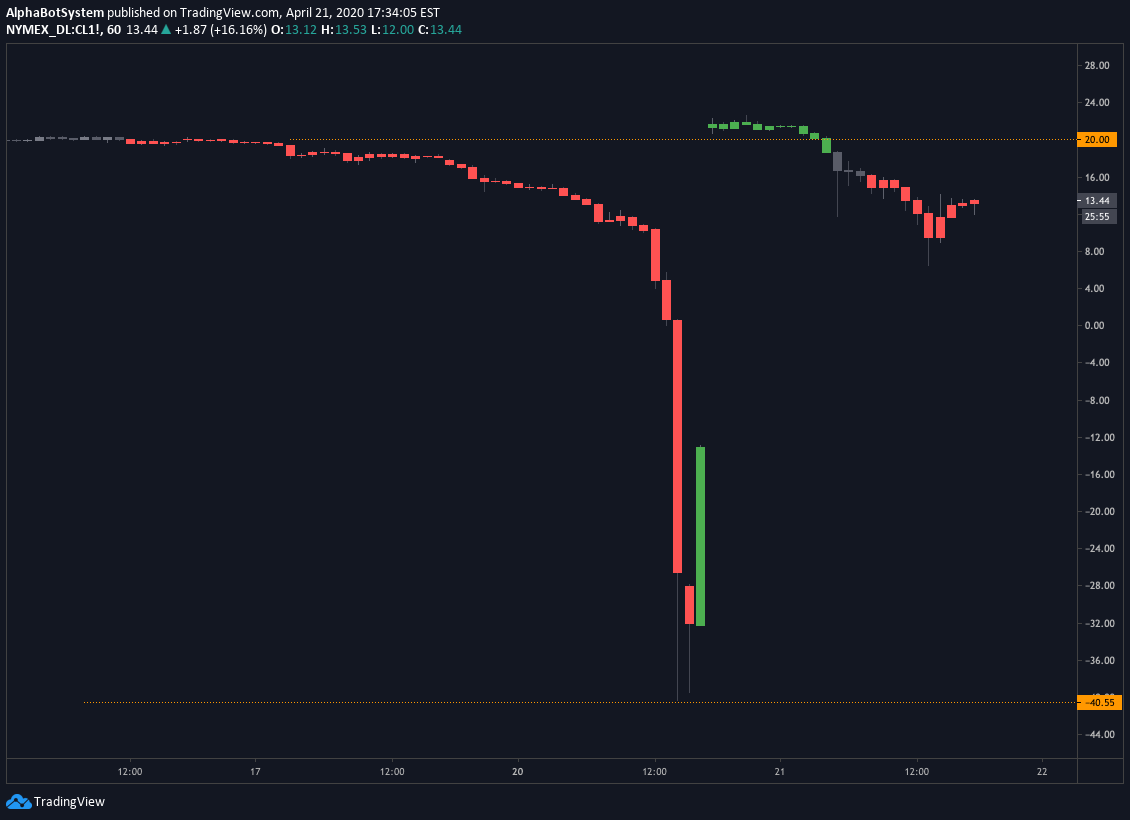
Oil prices went negative on April 20th, 2020. This essentially translated to oil producers paying buyers to take oil. This was the result of a lack of demand for oil causing a lack of storage / a fear of a lack of storage.


